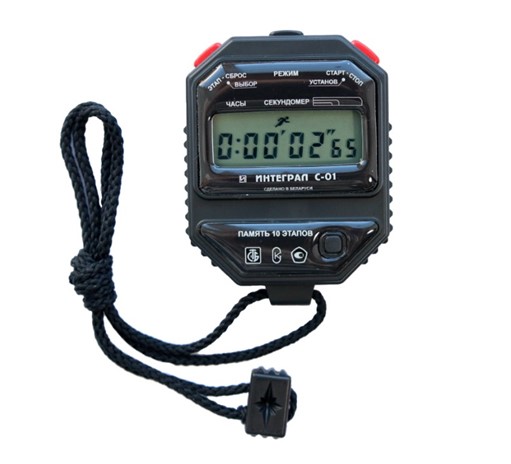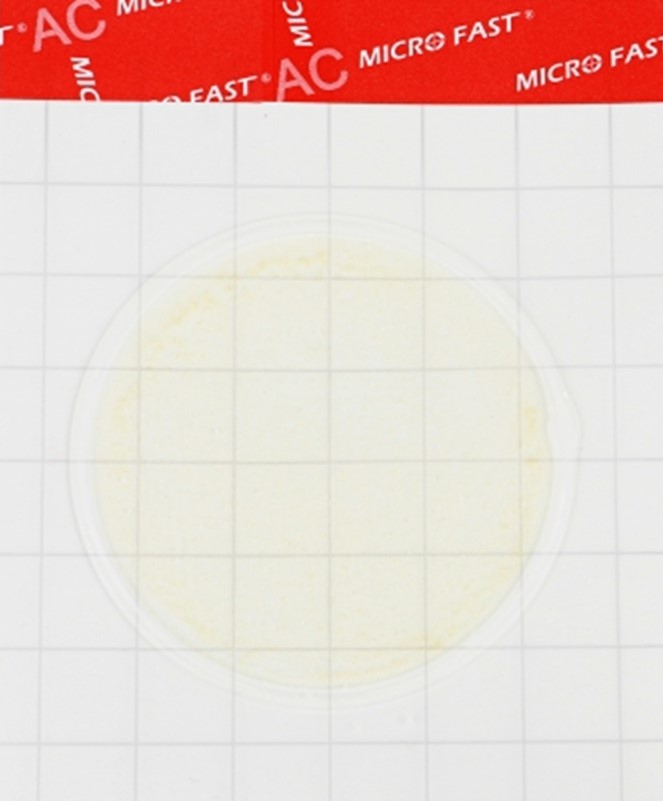The head of the EC announced plans to introduce new sanctions against Russia by February 24

The EU intends to introduce a new package of anti-Russian sanctions by February 24, the anniversary of the start of the military operation in Ukraine, said European Commission (EC) President Ursula von der Leyen, who is in Kyiv on a visit, AFP reports on Twitter.
“We will introduce, together with our partners from the G7, an additional price ceiling for oil products from Russia, and by February 24, exactly a year after the start of the invasion, we aim to introduce the tenth package of sanctions,” she said.
Von der Leyen arrived in the Ukrainian capital for the fourth time since the start of hostilities. “This time [I'm here] with my team of commissioners. We have gathered here together to show that the EU is more than ever firmly supporting Ukraine,” the head of the EC wrote on Twitter after arriving in Kyiv. She noted that the European Union will continue to deepen cooperation with Ukraine.
The President of the European Commission met with President of Ukraine Volodymyr Zelensky in Kyiv. She noted that the country is making "noticeable steps forward" on the "European path", while simultaneously conducting military operations.
Together with von der Leyen, EU High Representative for Foreign Affairs and Security Policy Josep Borrell arrived in Kyiv. Announcing his arrival on Twitter, he said that EU assistance to Ukraine since the start of the special operation had already reached €50 billion. Borrell also said that he had notified Ukrainian Prime Minister Denys Shmygal about providing €25 million for mine clearance, as well as about EU plans to train an additional 15 thousand soldiers (in total, the number of trained will be 30 thousand people).
Bloomberg learned the details of the tenth package of EU sanctions against the Russian military-industrial complex Politics
As Bloomberg reported, citing sources, the EU is considering expanding restrictions on the Russian sector of drones and dual-use goods used in the military-industrial complex.
Read pioneerprodukt.by "Gallery of failures": 8 worst products from Apple, Nike, Amazonexplains a Stanford neuroscientistThe interlocutors of the agency noted that Poland and the Baltic countries insist on a tougher version of the sanctions. In particular, Reuters reported that Poland and Lithuania consider it necessary to introduce restrictions against Russia's nuclear sector. The agency also wrote about a possible ban on more "Russian propaganda media" and the disconnection of the country's new banks from SWIFT as part of the next package.
Russia considers the sanctions imposed against it illegitimate. In addition, the authorities indicated that the country is coping with the impact of restrictions. Foreign Minister Sergei Lavrov noted that the consequences of Western restrictions are visible, but "Russia is gradually adapting to new realities."




























































